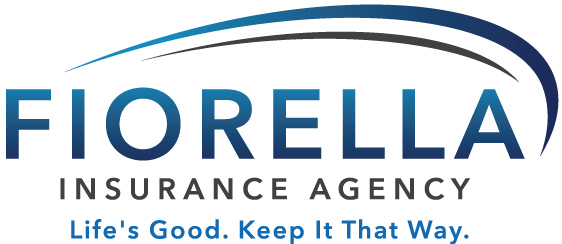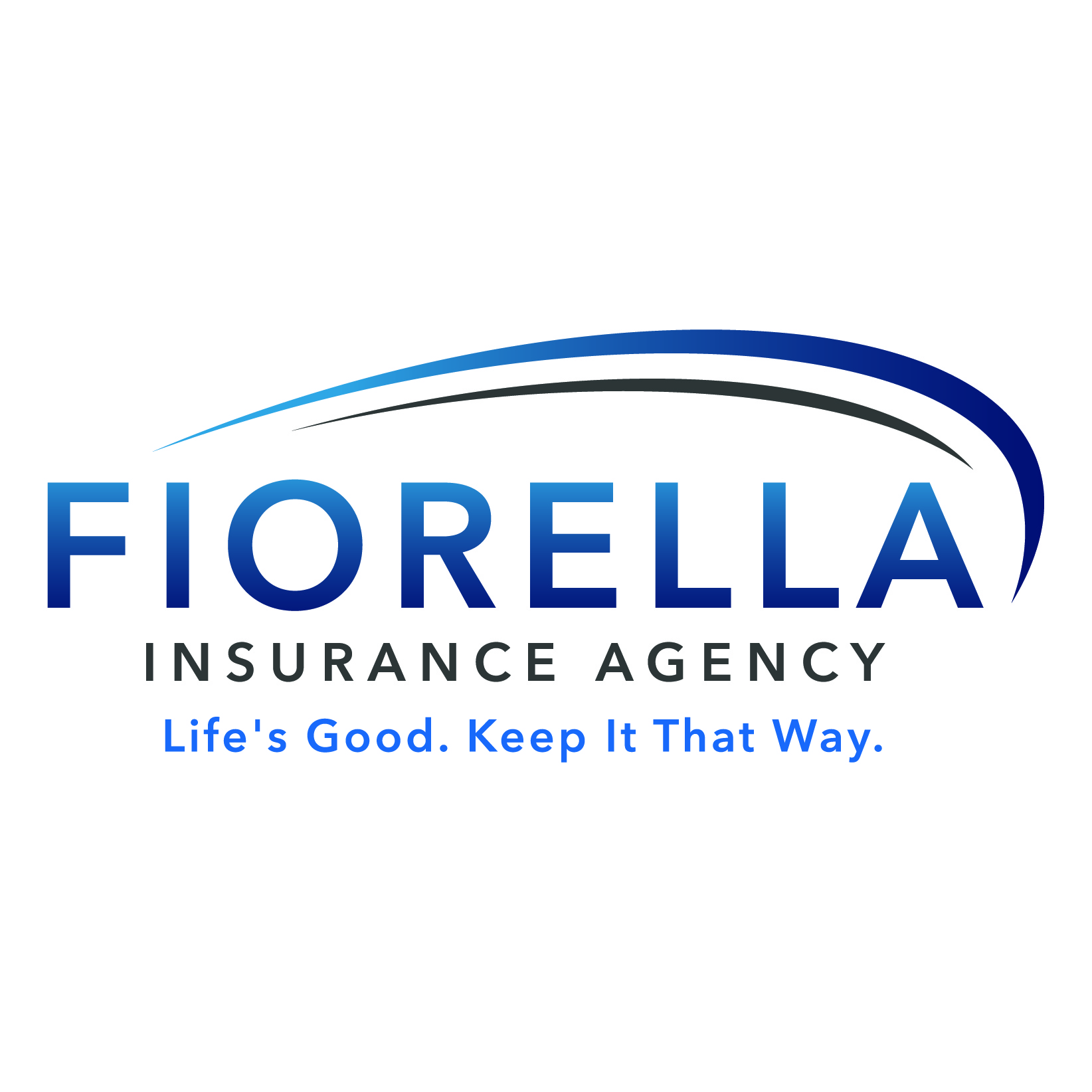Did you only have health insurance for part of the year and want to know about your health care market place exemption options?
Are you trying to figure out what your tax liabilities are if you didn’t have coverage at all?
Have you been thinking about what to do for health insurance next year?
Figuring out the health care market place can be confusing – from figuring out your medical costs to understanding any penalties you may be assessed, there’s a lot to take in.
You know you need to figure it out, but you don’t actually know where to start.
Keep reading for more information on how the health care market place exemption works, what other things you need to consider about your finances, and tips for finding affordable health insurance.

-
Save
How the Health Care Market Place Exemption Works
When the Affordable Care Act (ACA) first rolled out, one of the provisions was that anyone who didn’t have health insurance coverage for a certain number of months out of the year was subject to a penalty. People with certain exemptions could avoid that penalty, with a few restrictions.
With the 2019 plan year, the health care market place exemption changed. The two most important updates to the exemptions are:
- Shared Responsibility Mandate: Changes to the ACA removed the shared responsibility mandate from the act.
- Penalty: Because the shared responsibility mandate was removed, there is no longer a penalty for not having health insurance during 2019 and beyond.
This means that there are no longer exemptions from the health care market place – if you go without insurance, though, there are some costs you may incur. Healthcare costs in the U.S. are relatively high, and they can put you in a bad financial spot if you’re unprepared.
Keep reading for financial considerations other than the health care market place exemption.
Things to Consider Other Than the Health Care Market Place Exemption
While it’s certainly a reprieve to not be charged a fee for not having health insurance, there are still other financial drawbacks to not having it.
1. Cost of Routine Healthcare
Without health insurance, you’re responsible for paying out-of-pocket for all of your routine healthcare. If you’re relatively healthy, that may be fine. But for others, it can add up.
Consider these routine healthcare situations that you may be responsible for:
- Doctor‘s office visit
- Blood and lab work
- Other necessary tests
- Prescriptions
Just getting a routine physical and all of the required bloodwork can cost hundreds of dollars, and if you have any other medical situations, you’re just adding on to that.
2. Cost of Medical Emergencies
Outside of routine healthcare, you need to consider other medical emergencies that may cost a substantial amount of money out of pocket.
Common medical emergencies that spring up include:
- Broken bones, sprains, and tears
- Infections and viruses, like URIs and the flu
- Skin infections, contusions, and cuts
- Chest pain
Some of these can be treated at an urgent care clinic (for a moderate price), but others require a pricey trip to the emergency room.
3. Cost of Major Surgery
A less common, yet serious consideration, is the cost of any major surgeries you may need to undergo. Sometimes these can be planned, but other times they are unexpected.
Major surgeries that could potentially set you back are:
- Appendix or gallbladder removal
- Cesarean section and hysterectomy
- Heart bypass surgery
- Treatment of injuries to lower extremities
Each of these can ultimately cost you thousands of dollars if you don’t have health insurance, leaving you in a financial bind if anything were to happen to you.
Tips for Finding Affordable Health Coverage in 2021
You can see how important health insurance is, but figuring out how to get it affordably can be challenging.
There are a few steps you can take to find the most affordable health coverage option for you:
- Use the market place to find health insurance: If you make below a certain amount of money during the year, you may qualify for premium tax credits. You’ll need to fill out an application with the health care market place to find out if you qualify.
- Find an insurance agent or broker to help you: You always have the option of using a qualified insurance agent or broker to help you find the right health insurance market place plan for you and your family. They can help you fill out the application, too.
- Compare plans and medical costs carefully: Use the health care market place comparison tool to look at several plan options available to you. There is also a calculator that can help you determine your estimated medical costs for the year.
The health insurance market place has four categories of insurance plans – bronze, silver, gold, and platinum – and each of these provides better coverage than the next.
While it can be tempting to stick with the lowest premium cost, think about how much you’ll be paying for copays, deductibles, and prescriptions with that plan.
Talk to an Insurance Agent or Broker Today
Now that there isn’t a penalty for not having insurance, that should take some pressure off of you if you only had insurance for part of this year. You’ll still have to answer questions about your coverage when you file your taxes, but you won’t have to pay a penalty.
That’s just one way to avoid extra costs, though. Health insurance is almost necessary to avoid financial repercussions. Figuring out which health insurance plan is right for you can be daunting, but there’s help for that.
Talk with an insurance agent or broker about your financial and medical situation – they can help you fill out your health care market place application, choose the right plan, and get your insurance started.
Need help figuring out your health care market place insurance options? Contact Fiorella Insurance Agency to see how we can help you choose the right plan.



